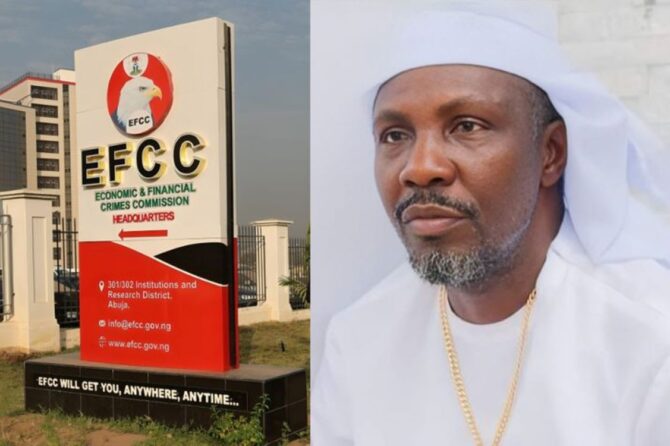Nigeria Must Boost Crude Oil Production to Achieve Economic Stability – Minister Lokpobiri
Abuja, May 22, 2025 – Nigeria’s Minister of State for Petroleum Resources (Oil), Senator Heineken Lokpobiri, has reiterated the Federal Government’s commitment to significantly increasing crude oil production as a key driver of economic stability and growth. Speaking at the 2025 Nigeria Petroleum Industry Leadership Discourse, Lokpobiri emphasized the urgent need to revitalize exploration, infrastructure, and indigenous capacity to meet ambitious production targets.
Current Production and Targets
Lokpobiri highlighted that Nigeria’s oil production has risen from about 1 million barrels per day (bpd) when he took office to approximately 1.8 million bpd in early 2025. He assured Nigerians that the government’s 2025 budget target of 2.06 million bpd is achievable, given recent investments and improved security in the Niger Delta region.
He also expressed optimism about reaching 3 million bpd within the year by optimizing the distinction between crude oil and condensate production and dedicating reservoirs accordingly. This would be accomplished without violating Nigeria’s OPEC quota obligations.
Importance of Local Content and Investment
The Minister underscored the role of local content as a catalyst for industrialization, innovation, and inclusive economic growth. He praised the Nigerian Content Development and Monitoring Board’s (NCDMB) shift from mere compliance enforcement to delivering tangible impact across the energy value chain, particularly through the Nigerian Content Intervention Fund (NCIF), which provides low-interest loans to scale indigenous businesses.
Challenges and Opportunities
Lokpobiri acknowledged that for over a decade, the sector suffered from underinvestment and security challenges, including pipeline vandalism and oil theft. However, he credited the combined efforts of the military, paramilitary, and civilian contractors for improving security and reducing infractions.
He called for greater collaboration among African countries to tackle energy poverty and stressed the need for consistent and transparent policies to attract and retain investment. He noted that policy uncertainty has historically deterred investors, urging for stability and predictability in the oil and gas sector.
Production Data and Outlook
According to the Nigerian Upstream Petroleum Regulatory Commission (NUPRC), Nigeria’s crude oil and condensate production hit 1.737 million bpd in January 2025, the highest in over three years, surpassing the OPEC quota of 1.5 million bpd. Production mainly comes from key terminals such as Bonny, Brass, Qua Iboe, and Forcados.
The Minister reaffirmed the Federal Government’s ambition to increase production capacity through new projects valued at over $20 billion and highlighted the importance of indigenous capacity development to sustain growth.

















